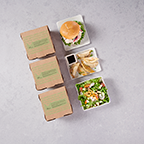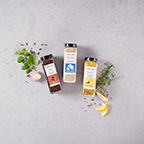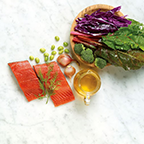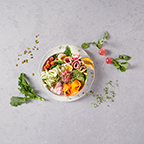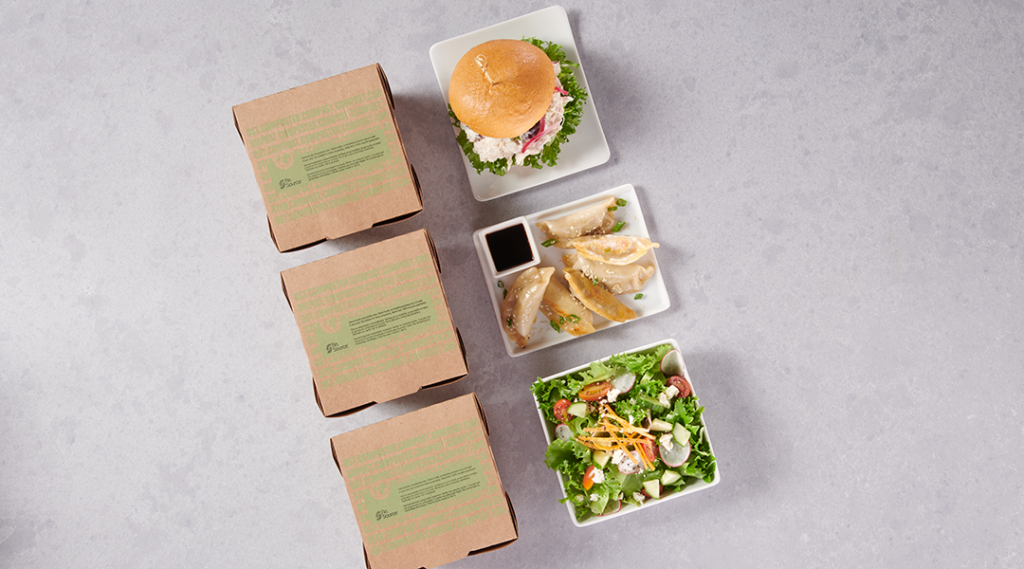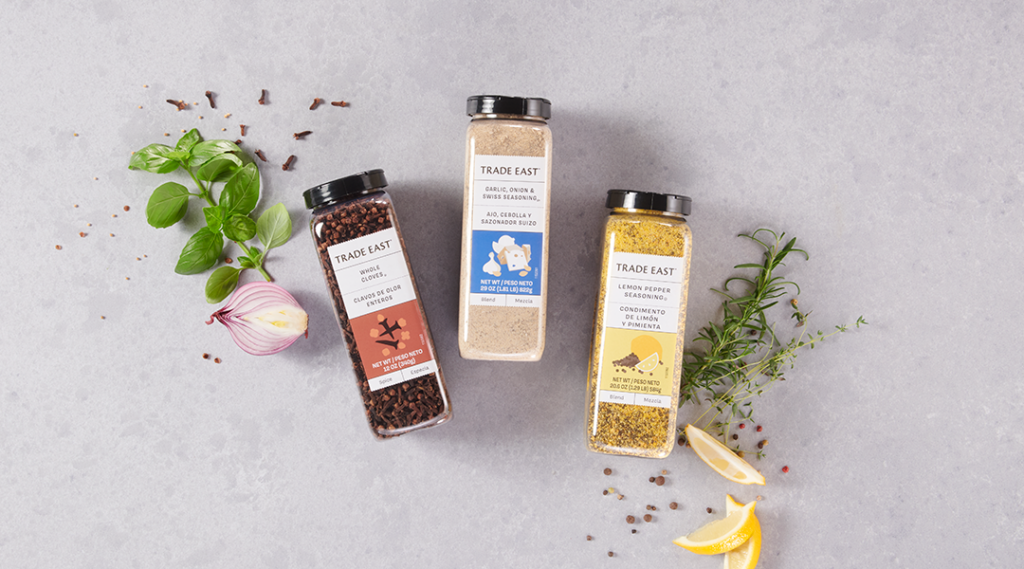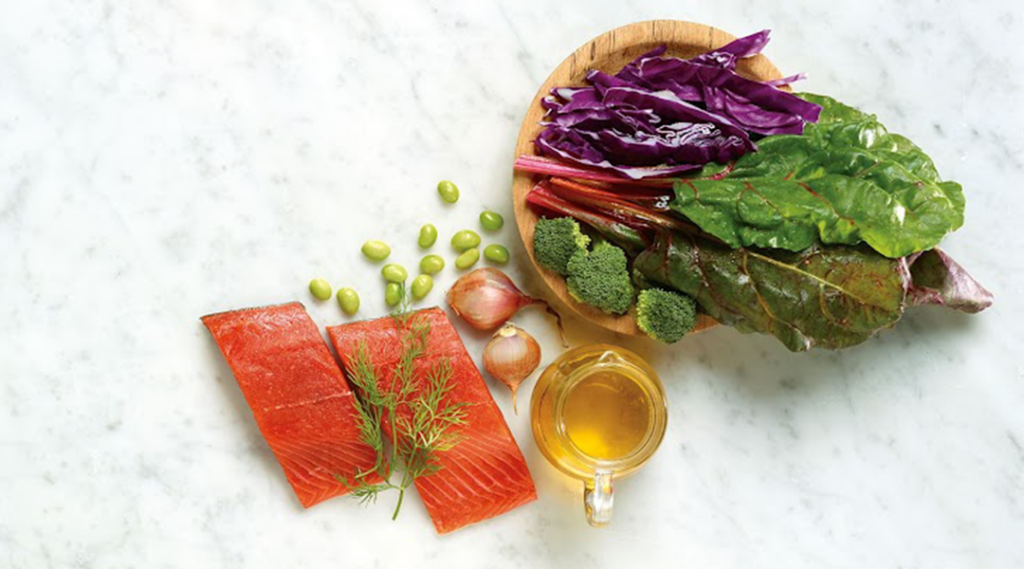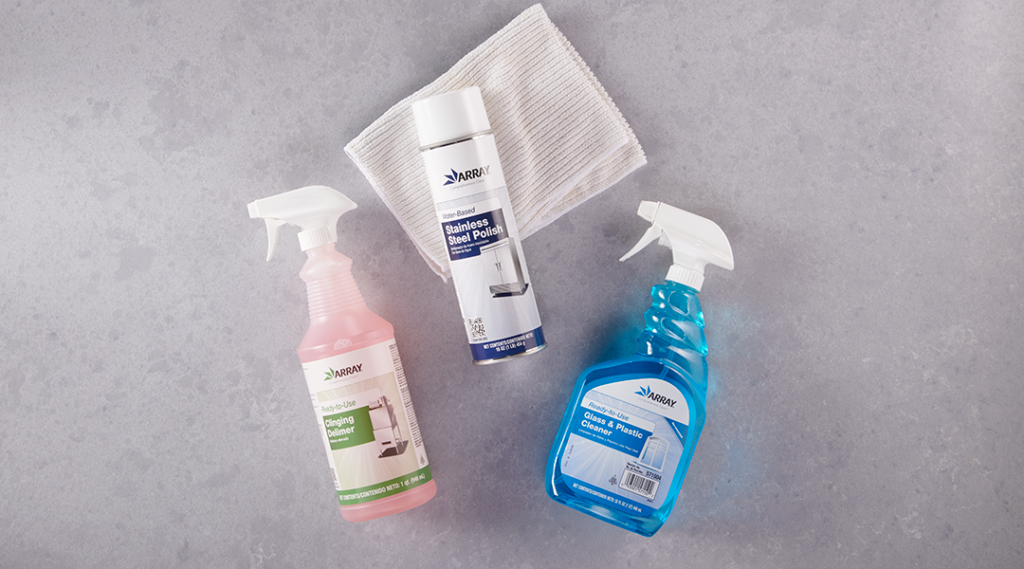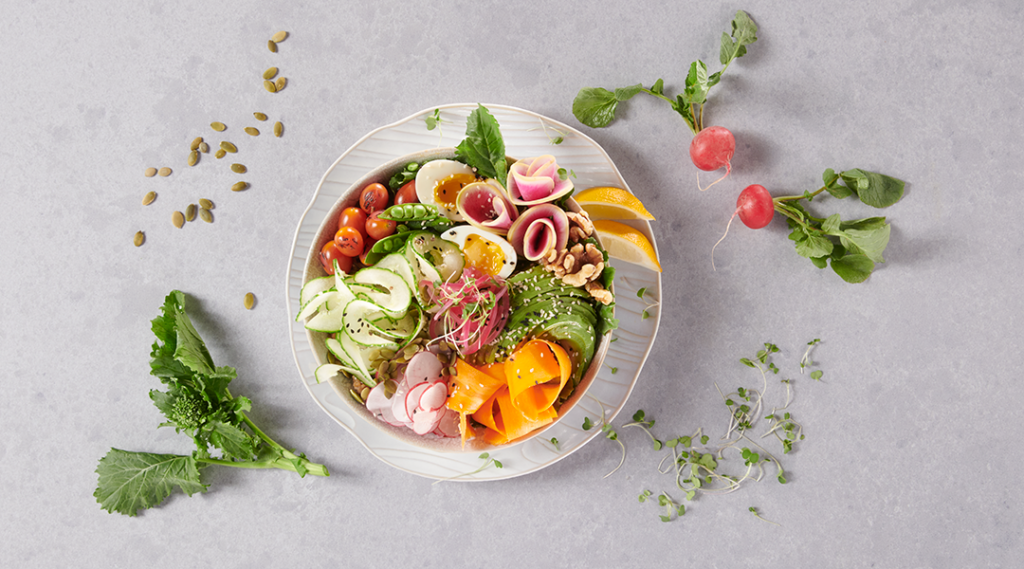Catering company’s ups and downs lead to Yo-Yo Cookies and more.
You can’t change your business in one day, but one day can change your business. For Kitchen Door Food Company in Nova Scotia, it happened on pandemic shutdown day.
When life handed catering a catastrophe, company founder Patty Howard pivoted before the word became a cliche. Within a week, she embarked on a survival plan that became a business transformation—one that included Yo-Yo Cookies™, Dog Beer and cooking classes for the online masses.
Pre-COVID, Howard’s core revenue came from catering. In fact, she called her operation Kitchen Door Catering, with about 75% of its business from weddings, social occasions, corporate events and regular business drop-off meals. That disappeared in March 2020.
“We realized pretty quickly that our pipeline was dry,” Howard recalls. She cut her staff from 35 full-time employees and 20 part-timers to four. “We did one week of phone orders for our retail food, and that weekend I went in and built a little Square e-commerce site.”
E-commerce takes hold
E-commerce was a new thing, but it made sense to fall back on the small retail food shop part of her business. Howard learned years earlier the value of small, diversified revenue streams. To complement catering’s slow periods, the Kitchen Door 11,000-square-foot Dartmouth storefront also sold fresh and frozen chef-crafted meals.
“There weren’t a lot of businesses open when the pandemic shutdown hit, so we just started making food,” she says. “I think the restaurants that took on that role really struggled in the beginning. There were shortages in packaging, and they really didn’t know how to make it and test it and make sure it worked at home.”
Kitchen Door had all of its packaging and labeling in place, as well as clear instructions on how customers could prepare the food at home. They also had the skills to produce meals in volume and achieve quality results.
“During lockdown, we did 10 times what we would normally do in retail during the first three months, but we were missing all of the other business,” she says.
Within a week and a half, she was able to recall two more employees. Among them was her resident chef, Andrew Ferrell, who shifted from conducting in-house cooking classes to online events.

Enhanced online cooking
The in-house cooking classes were all about the experience, Howard says. People would come in, have wine, enjoy a three-course curated dining event. She wasn’t sure it could work online.
Some of the first classes only had two people. But their popularity grew, hitting a sweet spot with private events.
“As more and more people realized ‘normal’ wasn’t coming back soon, organizations started looking for ways to team-build, and we started doing events,” Howard says.
One event with Doctors Nova Scotia, a non-profit medical association, included 156 people. In groups of six, they worked with an online instructor to cook communal, family-style meals.
The program expanded to “We Shop” and “You Shop” formats with different pricing. For local residents, Kitchen Door delivers food for the class. For long-distance participants, they get a list of groceries. It’s a blend of catering know-how, retail capabilities and cooking-class enjoyment.
Yo-Yo Cookies™ come calling
While the cooking classes grew, it was the retail side that changed the business. Kitchen Door was long a supporter of local products. In addition to selling their own packaged products, the storefront became an outlet for other specialty foods. That’s how they met Yo-Yo Cookies™.
The shortbread and buttercream sandwich cookie hails from New Zealand. The company that created the cookie for the Canadian market is based in Prince Edward Island packages and sells them through many retailers like Kitchen Door’s specialty retail shop. When the company wanted to scale up manufacturing, Howard got the call.
Kitchen Door is now the licensed manufacturer of and distributor for all four Atlantic provinces. It was an opportunity that required equipment, training, food-manufacturing certification and a different mindset.
“I spent years working ‘on’ the business, not ‘in’ the business, and now I was back in there getting my hands dirty,” Howard says. “I’ve never made so many cookies in my life.”
The decision to take on a licensed product paid off and she anticipates continued growth.
Dog beer ghost kitchen
One new twist is brewing dog beer. A former Kitchen Door employee started a doggie day care and learned the lesson of having a retail presence. She started simmering bone broth in her Instant Pot and called it dog beer. It led to the creation of Crafty Beast Brewing Co. To meet demand, she sought Howard’s help.
It’s a manufacturing version of a ghost kitchen. Every night, the tilt skillet at Kitchen Door goes on and makes bone broth that gets frozen and shipped to Crafty Beast. A canning company does the rest.
“When you’re in catering, you get pretty good at MacGyver-ing. It’s also very taxing—lots of lifting, loading, unloading, weekends, 2 a.m. prep work,” Howard explains. “I’m not saying I’ll never do catering again, but the lane we’re in now makes a lot of sense for the work-life balance of the team that’s been with me a long time and through all of this.”
Next up? Possibly creating custom prepared meals for a diet and nutrition business with multiple locations in Nova Scotia. Or perhaps more co-packaging or licensing deals.
“There’s always something up my sleeve,” Howard says.





